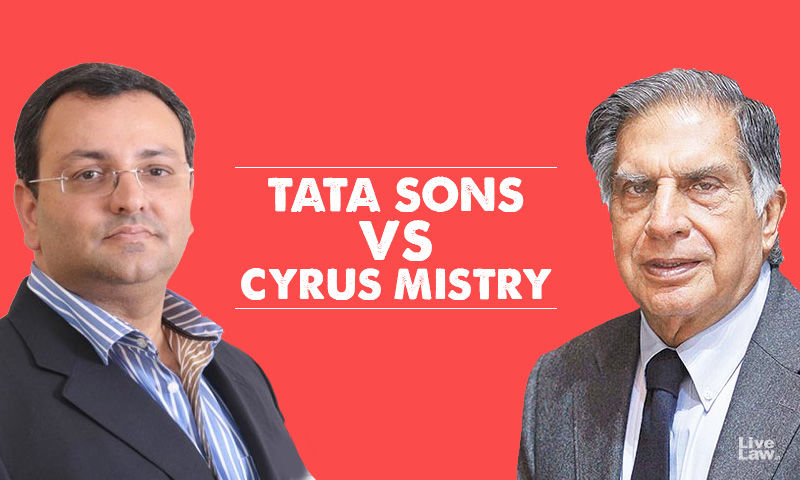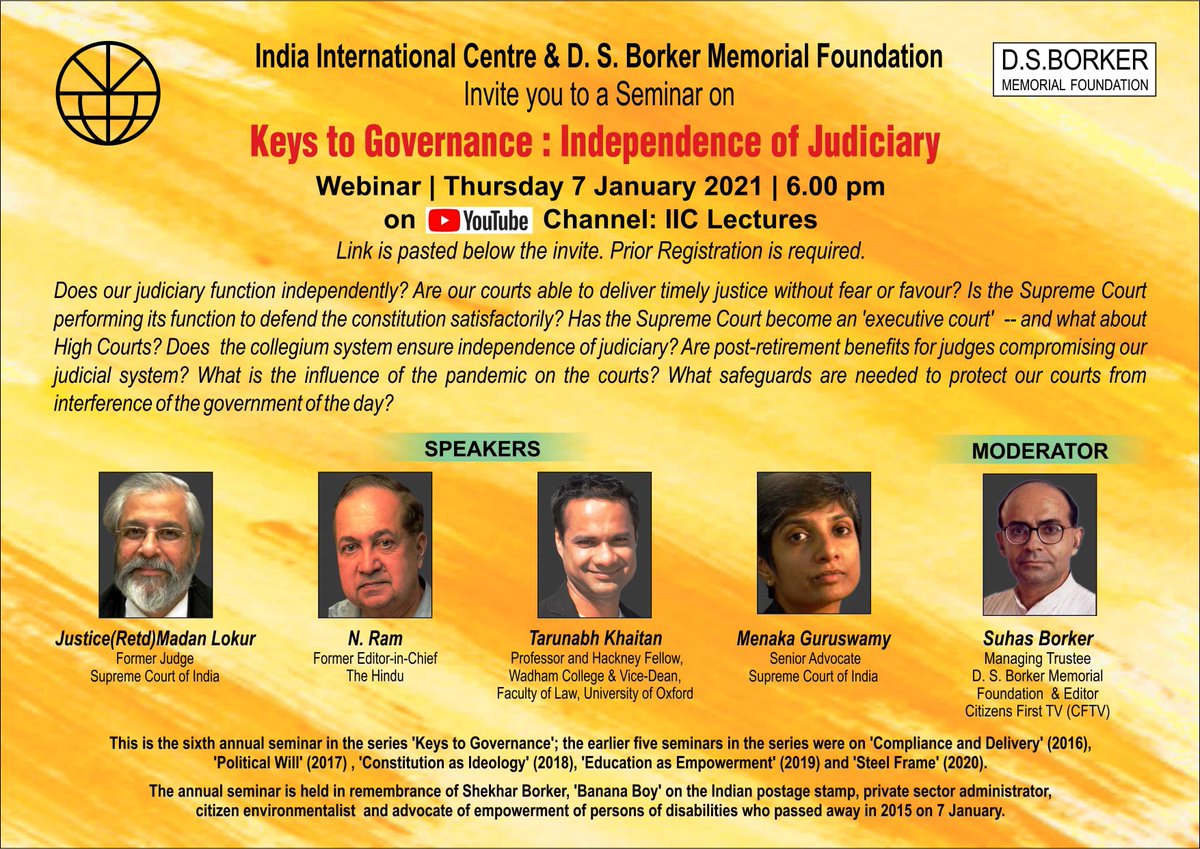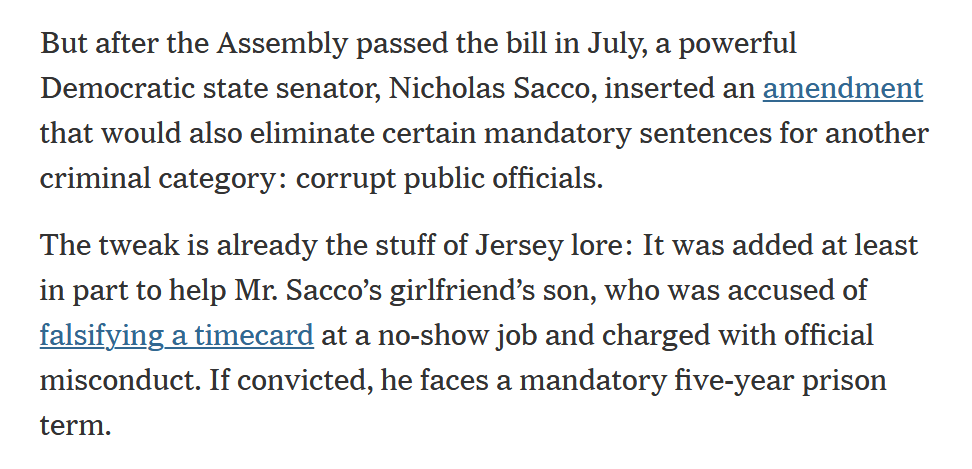#SupremeCourt
Supreme Court hears the writ petition filed by CPI Rajya Sabha MP Binoy Viswam @BinoyViswam1 seeking data protection measures for Unified Payments Interface (UPI).
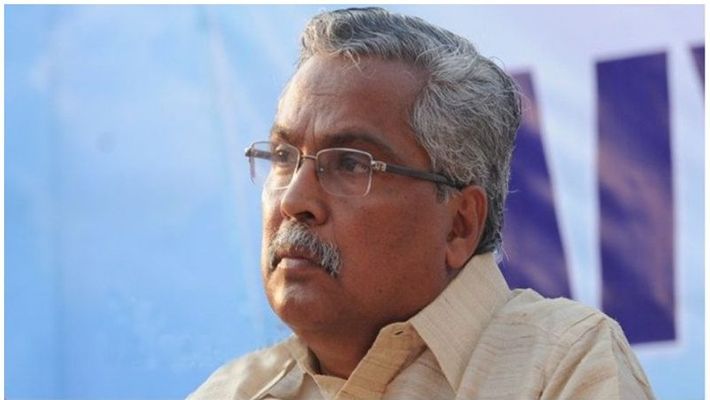
#SupremeCourt
#SupremeCourt
Sibal : Absolutely baseless. There is no such pleading. It is just an oral submission made across the bar without basis.
More from Live Law
More from Law
2/ A pretty kickass reporter, Nicole Carr, recorded the video before the guy took it down. When she confronted him he insisted it was all a joke and of course he didn’t register in Georgia. But she checked and he had.
3/ This is Nicole Carr ...
\u201cIf that means changing your address for the next two months,so be it.I\u2019m doing that. I\u2019m moving to Georgia.\u201dOur 6 investigation reveals deleted video-a FL attorney telling GOP members how to move to GA,vote in runoffs. It\u2019s illegal.There\u2019s more,& an investigation @wsbtv #gapol pic.twitter.com/or2PgWQrT1
— Nicole Carr (@NicoleCarrWSB) December 2, 2020
4/ amazing. Here’s where she catches him 🤣🤣🤣🤣🤣🤣🤣🤣🤣🤔🤔
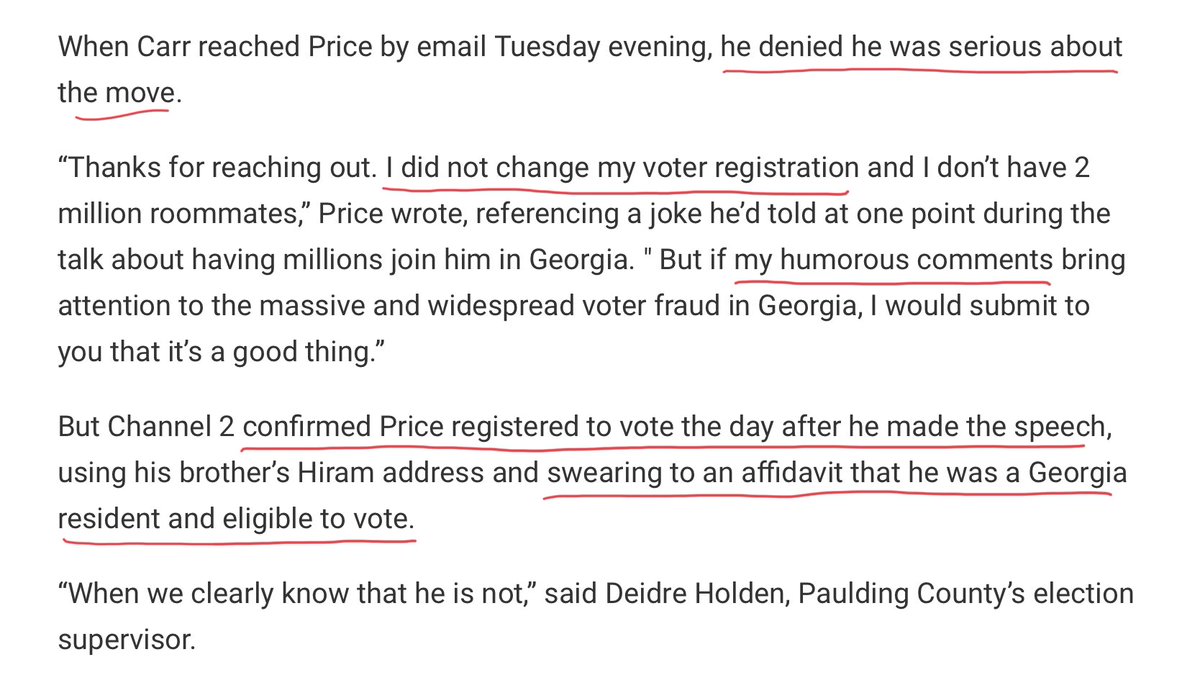
5/ Also on the video you’ve got these ladies saying, hey wait, this can’t really be legal can it? And he’s like, yeah totally cool. Then he advises on how to create a backstory for the fake move.

No matter how this trial plays out, the US will remain divided between those who choose truth, Democracy, and rule of law and the millions who reject these things.
1/
Wouldn't he just use this to repeat his Big Lie and have GOP echo him?
— Thel Marquez (@theljava) January 31, 2021
The question is how to move forward.
My mantra is that there are no magic bullets and these people will always be with us.
Except for state legislatures, they have less power now than they have for a while.
2/
The only real and lasting solutions are political ones. Get Democrats into local offices. Get people who want democracy to survive to the polls at every election, at every level.
It’s a constant battle.
3/
Maybe I should tell you all about Thurgood Marshall’s life to illustrate how hard the task is and how there will be backlash after each step of progress.
4/
Precisely. That's why Thurgood Marshall's life came to mind.
We are still riding the backlash that started after the Supreme Court decision in Brown v. Board of Education.
That's why I keep saying there are no easy
Yep. My relatives continue to support Trump and make false equivalencies as justification. I\u2019ve found it impossible to present factual information that changes minds. Trump\u2019s emotional appeal registers with them: that things were better before civil rights advances.
— Martha Brockenbrough INTO THE BLOODRED WOODS (@mbrockenbrough) January 31, 2021
You May Also Like
As someone\u2019s who\u2019s read the book, this review strikes me as tremendously unfair. It mostly faults Adler for not writing the book the reviewer wishes he had! https://t.co/pqpt5Ziivj
— Teresa M. Bejan (@tmbejan) January 12, 2021
The meat of the criticism is that the history Adler gives is insufficiently critical. Adler describes a few figures who had a great influence on how the modern US university was formed. It's certainly critical: it focuses on the social Darwinism of these figures. 2/x
Other insinuations and suggestions in the review seem wildly off the mark, distorted, or inappropriate-- for example, that the book is clickbaity (it is scholarly) or conservative (hardly) or connected to the events at the Capitol (give me a break). 3/x
The core question: in what sense is classics inherently racist? Classics is old. On Adler's account, it begins in ancient Rome and is revived in the Renaissance. Slavery (Christiansen's primary concern) is also very old. Let's say classics is an education for slaveowners. 4/x
It's worth remembering that literacy itself is elite throughout most of this history. Literacy is, then, also the education of slaveowners. We can honor oral and musical traditions without denying that literacy is, generally, good. 5/x


